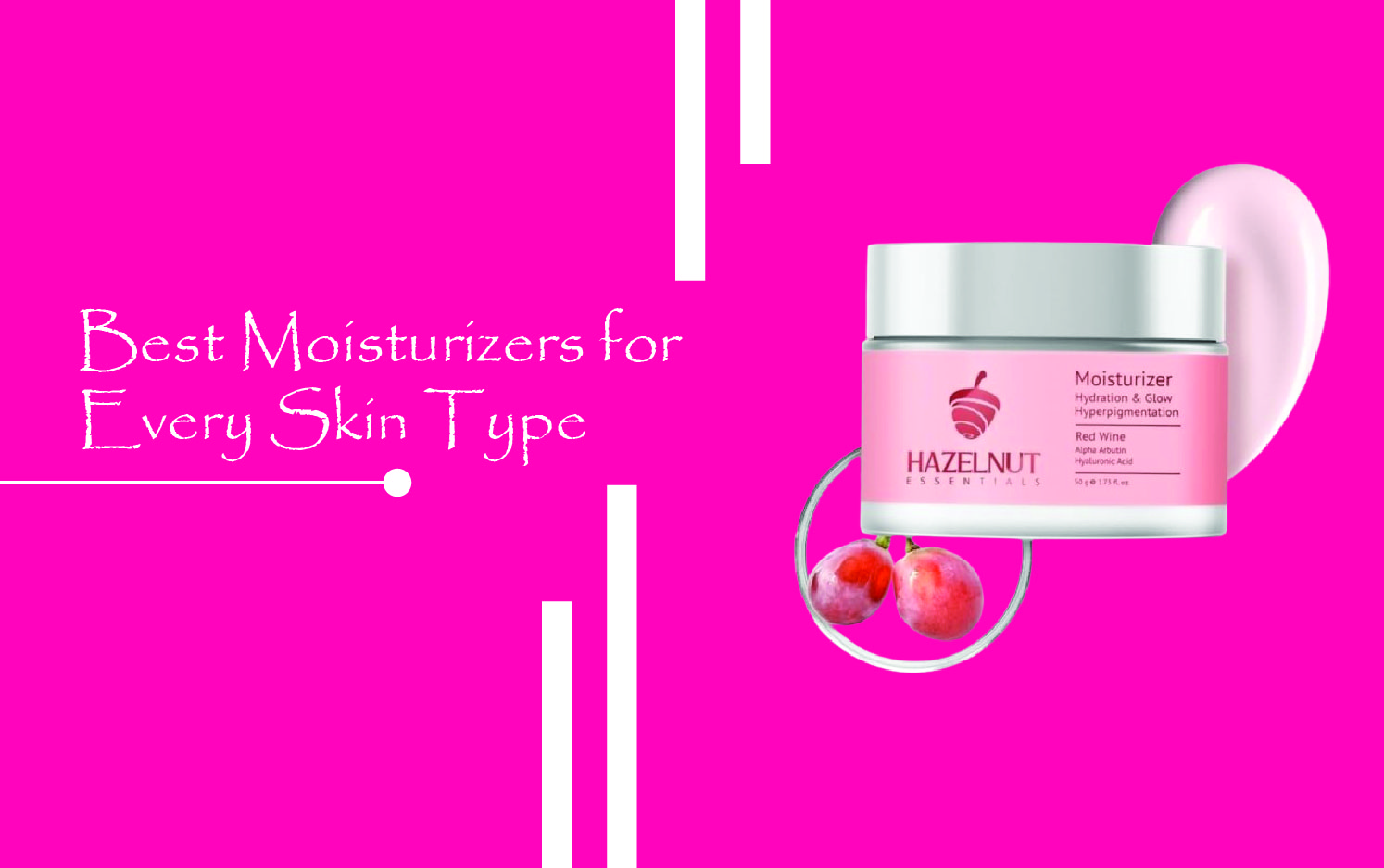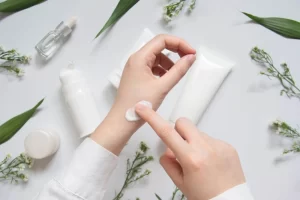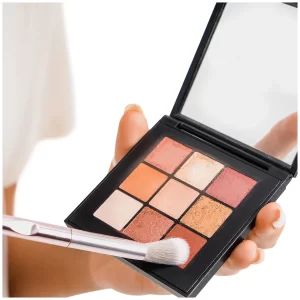Introduction
In skincare, a moisturizer reigns supreme as the magic component without much credit. Right oily, dry, sensitive, or all three? If you struggle with finding the ideal formula, it can make or break your entire regimen. Knowing the large plethora of options ranging from gel moisturizers to hydrating creams, which one do you choose? You need not worry, as this guide will navigate you through the spectrum of moisturizers tailored for varying skin types, concerns, and individual needs.
Why Moisturizing Is Essential for Healthy Skin
Preventing dryness, improving texture, balancing the increase of oil, and maintaining irritability are part of your skin barrier and preventing skin aging, all of which moisturizers excel at. Aside from these, they also facilitate smoothing out makeup.
Benefits of Moisturizing:
| Benefit | Impact on Skin |
| Hydration | Prevents dryness and flakiness |
| Protection | Shields skin from environmental stressors |
| Anti-aging | Reduces appearance of fine lines |
| Skin repair | Strengthens the moisture barrier |
| Acne management | Balances oil and soothes inflammation |
Graph:
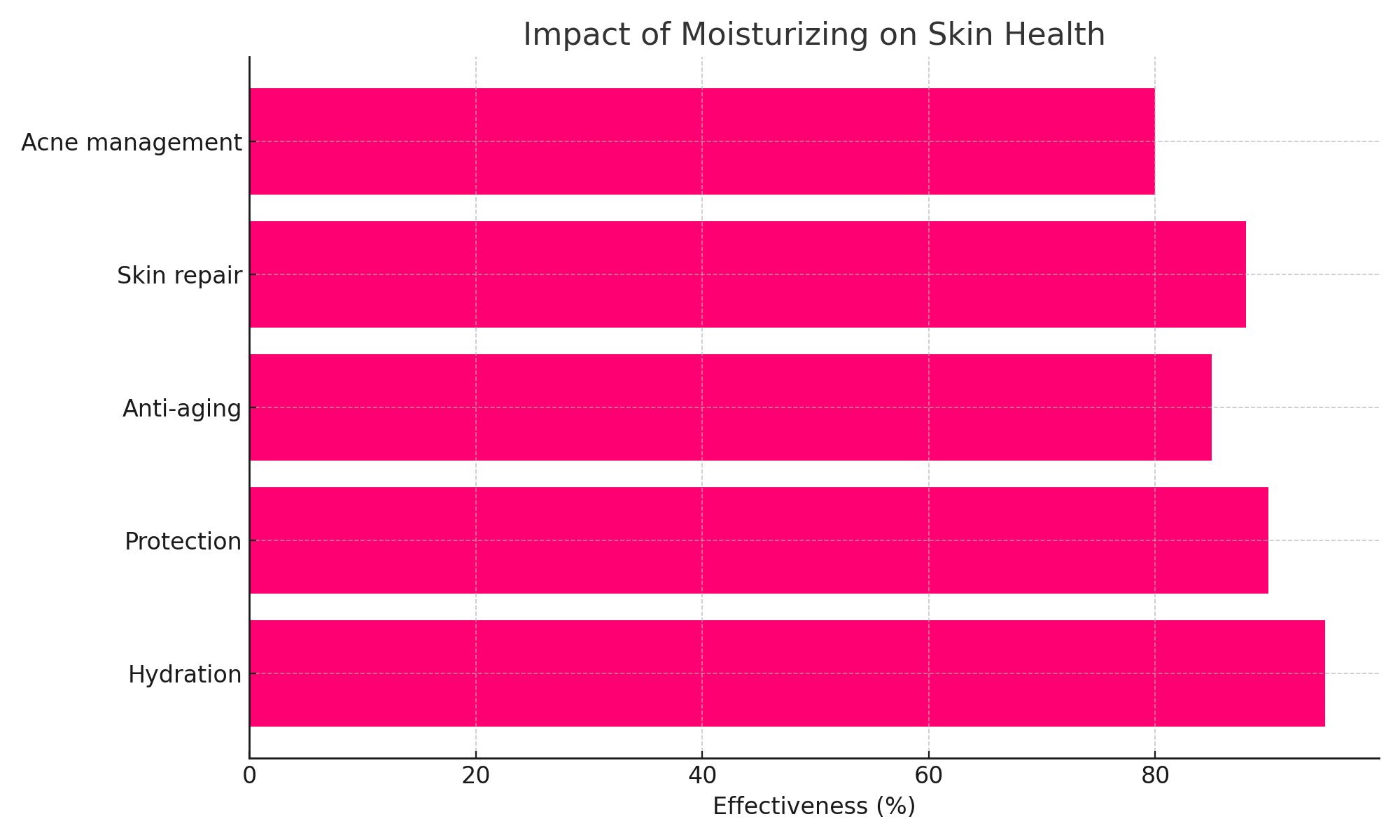
Types of Moisturizers: Which One is Best for You?
| Type | Best For | Example Products |
| Cream | Dry, mature skin | Rich moisturizing creams |
| Gel | Oily, acne-prone skin | Lightweight gel moisturizers |
| Water-based | Combination, sensitive skin | Hydrating water-drop moisturizers |
| Mattifying | Oily, shiny skin | Oil-control Mattifying moisturizers |
| Oil-free | Acne-prone or sensitive skin | Oil-free Soothing moisturizers |
Top Moisturizer Types You Need to Know About
-
Barrier-Repair Moisturizers
Provides hydration without irritation. Offer lightweight yet effective formulas.
- Pros: Free of parabens and fragrances, high in ceramides.
- Best for: Sensitive, oily, acne-prone skin.
-
Oil-Free Facial Moisturizers
Enjoy hydration but with no greasy residue? This may be perfect for you.
- Pros: Lightweight and does not clog pores.
- Cons: It may not be suitable for extremely dry skin.
- Best for: Oily to Combination skin.
-
Gentle Everyday Moisturizers
Minimalist skincare solutions endorsed by dermatologists.
- Pros: Non-comedogenic, fragrance-free.
- Cons: Basic formula (great for simple routines).
-
Sensitive Skin Moisturizers
Products gentle enough for very sensitive or acne-prone skin.
- Highlights: No colors, fragrance, lanolin, parabens, or formaldehyde.
-
Hydrating Water-Gel Moisturizers
Lightweight products with hyaluronic acid provide exceptional hydration.
- Best for: Normal to oily skin.
How to Choose the Right Moisturizer Based on Skin Concern
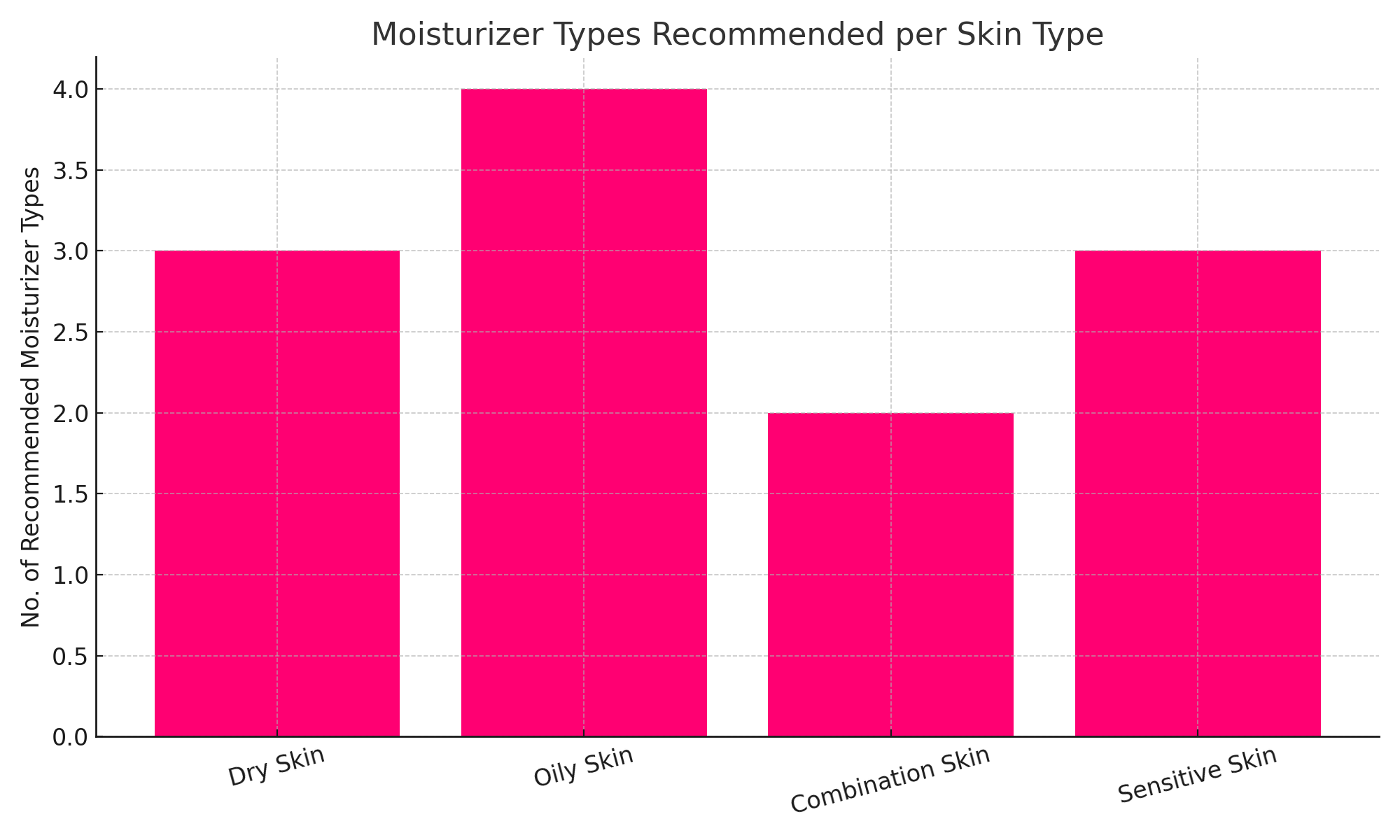
| Skin Concern | Recommended Types | Notes |
| Oily Skin | Gel-based or mattifying moisturizers | Lightweight, non-greasy |
| Acne-prone Skin | Oil-free, soothing moisturizers | Non-comedogenic |
| Dry Skin | Deep hydration cream moisturizers | Rich, nourishing |
| Sensitive Skin | Fragrance-free, hypoallergenic moisturizers | Gentle, calming |
Common Myths About Moisturizers—Busted!
- Myth 1: Oily skin doesn’t need a moisturizer.
Fact: Not using a moisturizer may lead to the skin producing excess oil.
- Myth 2: Heavy creams are better for dry skin.
Fact: The level of hydration depends on the ingredients rather than the amount of cream applied.
- Myth 3: Moisturizers cause acne.
Fact: Breakouts result from the wrong formulation, not moisturizers per se.
How Moisturizers with Hyaluronic Acid Work
Hyaluronic acid acts like a sponge, holding up to 1000 times its weight in water.
Graph: Water Retention Capacity of Hyaluronic Acid
Graph showing how Hyaluronic Acid holds water molecules, compared to Glycerin and other common hydrators.
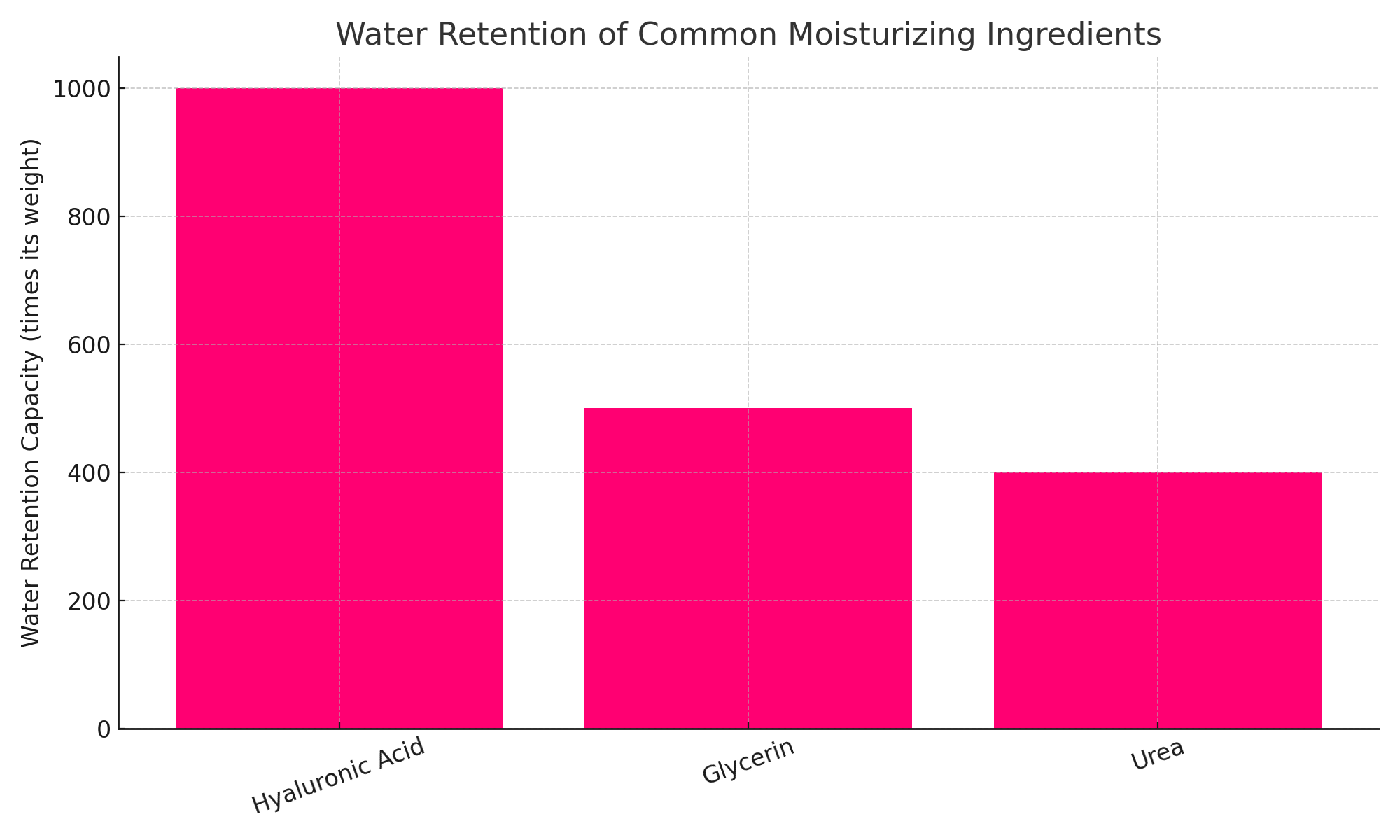
How to Apply Moisturizer Properly
- Cleanse your face gently.
- If necessary, add toner or serum.
- While your skin is still damp from the cleansing, apply your moisturizer.
- Layer sunscreen or makeup after waiting 2–3 minutes.
Understanding Facial Cream vs Moisturizer
| Facial Cream | Moisturizer |
| Richer, thicker texture | Lighter, versatile texture |
| Best for nighttime | Suitable for day and night |
| Targets specific concerns (anti-aging, deep hydration) | Focuses on hydration and daily skin health |
Extra Features to Look for in a Moisturizer
- Fragrance-Free: Great for sensitive skin.
- Mattifying: Most suitable for oily skin.
- With SPF: For daytime protection.
- Niacinamide and Ceramides: Strengthen the skin barrier.
- Lanolin-based: Best for people with extremely dry skin.
- Gel-based formulas: Lightweight and do not clog pores.
The below graph highlights the desired features in a moisturizer by popularity.
Best Picks for 2025 (Product Types)
| Type | Features | Best For |
| Barrier-repair moisturizers | Niacinamide, Ceramides enriched | Sensitive skin |
| Hydrating gel moisturizers | High hyaluronic acid content | Oily/Combination skin |
| Allergy-tested sensitive skin creams | Hypoallergenic, gentle formulas | Acne-prone skin |
| Oil-control lightweight moisturizers | Mattifying effects | Oily skin |
FAQs
- What is the most effective way to moisturize your skin?
To maximize skin hydration, the most effective way is to use a product containing hyaluronic acid, as the skin is still damp after cleansing. This retains moisture and fortifies the skin barrier.
- Can I moisturize my face every day?
As part of your everyday skincare routine, facial skin should be moisturized at least once, if not twice a day. Consistent use of good moisturizer helps maintain balance, skin protection and skin hydration.
- Does coconut oil moisturize skin?
Coconut oil has the potential to keep the skin moisturized due to its ability to create a protective barrier that locks in moisture. Because of its weight, it may not be the best for oily and acne-prone skin types compared to lightweight gel-based moisturizers.
- How do I choose the right moisturizer for oily skin?
Choose an oil-free or mattifying gel formula for oily skin. Gel moisturizers do provide sufficient hydration without greasiness to the skin.
- Is a water-based moisturizer good for combination skin?
Absolutely! Water-based moisturizers like hydrating gels are suitable for combination skin. Their lightweight formulas do not clog pores, which is beneficial for sensitive skin types.
- Can over-moisturizing damage your skin?
Yes, if you hydrate your skin too much, the skin can suffer pore blockage, irritation, and skin breakouts. Consider over-applying formulas that hydrate moderately to over-moisturized skin.
- Is a fragrance-free moisturizer good for acne-prone skin?
Yes, as they do not use dyes, fragrances, and other harsh compounds, oil-free moisturizers are ideal for sensitive skin prone to acne since they are made for sensitive skin.
- Should I apply moisturizer before or after sunscreen?
Both moisturizers and sunscreens keep skin hydrated, but a moisturizer should go first in the sequence. This allows for better keeping of moisture within the skin while protecting it from the sun.
- Can makeup cause breakouts if applied over moisturizer?
Yes, due to heavy hydration that might clog pores or the use of thick moisturizers. Using gel lotions or light bases before applying makeup reduces breakouts and allows for smoother application of makeup.
- What ingredients should I look for in a moisturizer for dry, acne-prone skin?
If dealing with dry skin coupled with acne, the facial cream should have hyaluronic acid, niacinamide, or ceramides, which are helpful without heavy oils that would block pores.
Conclusion: Best Moisturizer = Best Investment in Your Skin
For humid weather, a suitable gel face moisturizer will suffice, and a thick cream for deep hydration is perfect for winter. With the right formula, you will have glowing skin. Make sure to look for hyaluronic acid, niacinamide, and glycerin, as well as fragrance-free and non-comedogenic emulsions, if you have sensitive skin.

